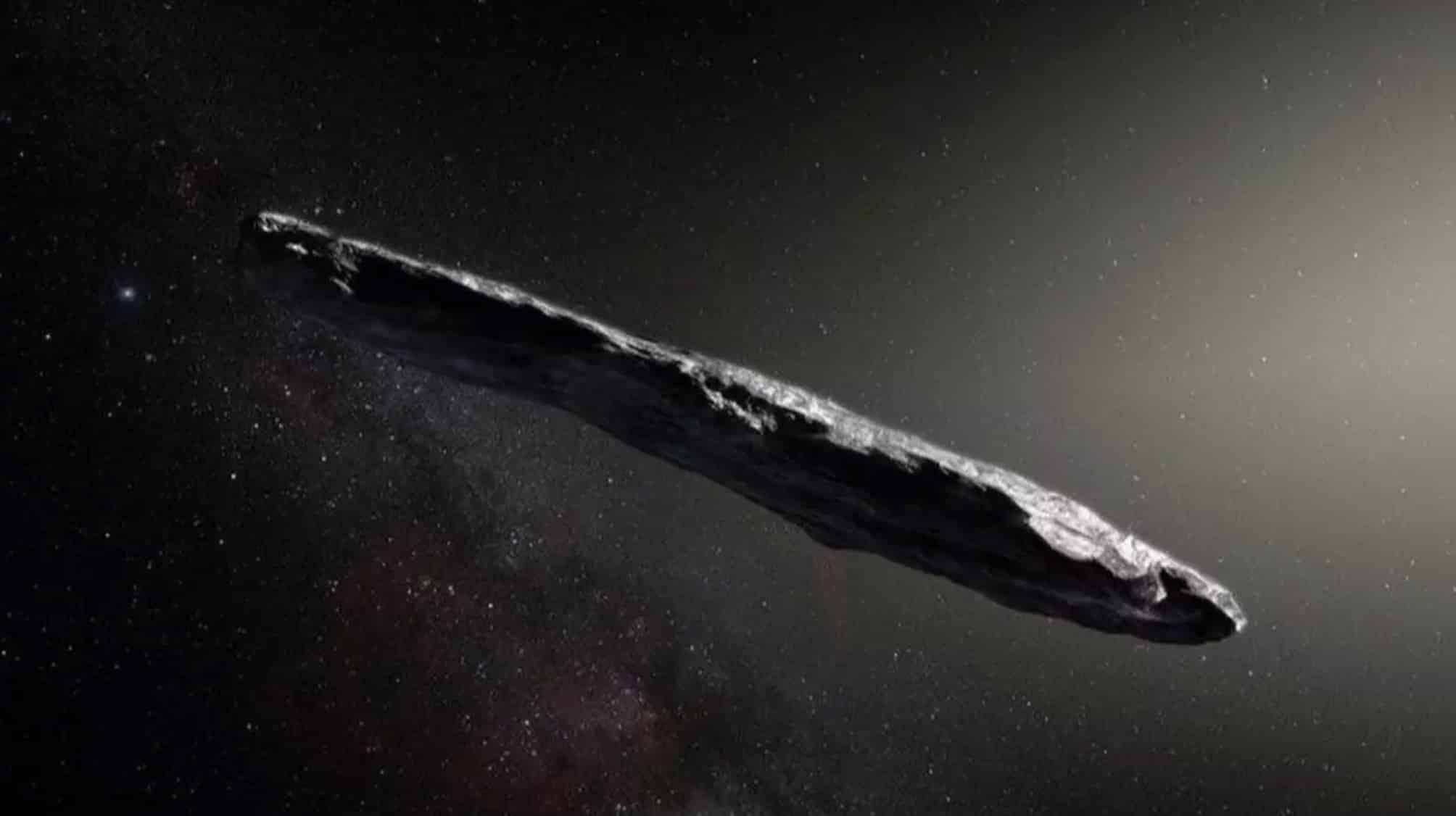
A mysterious object, designated 3I/ATLAS, is currently hurtling towards our solar system at extraordinary speed, sparking intense debate among astronomers. First detected in July by a telescope in Chile, the object is only the third known interstellar visitor ever observed by scientists. Its high velocity—over 66 kilometres per second—makes it impossible for the Sun’s gravity to capture it, confirming its origin from beyond our solar system.
What makes 3I/ATLAS particularly intriguing is its unusual behaviour. Unlike typical comets, which display a tail of gas and dust trailing behind them, this object appears to emit light from its front. This anomaly has led Professor Avi Loeb of Harvard University to propose a controversial theory: that 3I/ATLAS could be an artificial probe or even an alien ‘mothership’.
Loeb suggests that the object’s path—taking it behind the Sun in November—might be a deliberate tactic to avoid close observation from Earth’s telescopes. He speculates that this strategic positioning could allow it to deploy smaller exploratory devices towards our planet. While Loeb acknowledges that his hypothesis is speculative and that the object is most likely a natural interstellar comet, he argues that the possibility of artificial origin should not be dismissed without investigation.
Not all scientists agree with Loeb’s interpretation. A researcher from the University of Regina in Canada counters that the object’s characteristics are consistent with a typical comet ejected from its native star system, similar to countless others believed to have left our own.
Despite the scepticism, Loeb insists that extraordinary claims require extraordinary evidence—but also extraordinary openness to testing. He warns that ignoring such possibilities could mean overlooking a potentially historic discovery.
As 3I/ATLAS continues its journey, telescopes worldwide remain trained on it. The scientific community eagerly awaits its reappearance from behind the Sun, hoping new data will clarify whether this is a cosmic rock or something far more profound.

